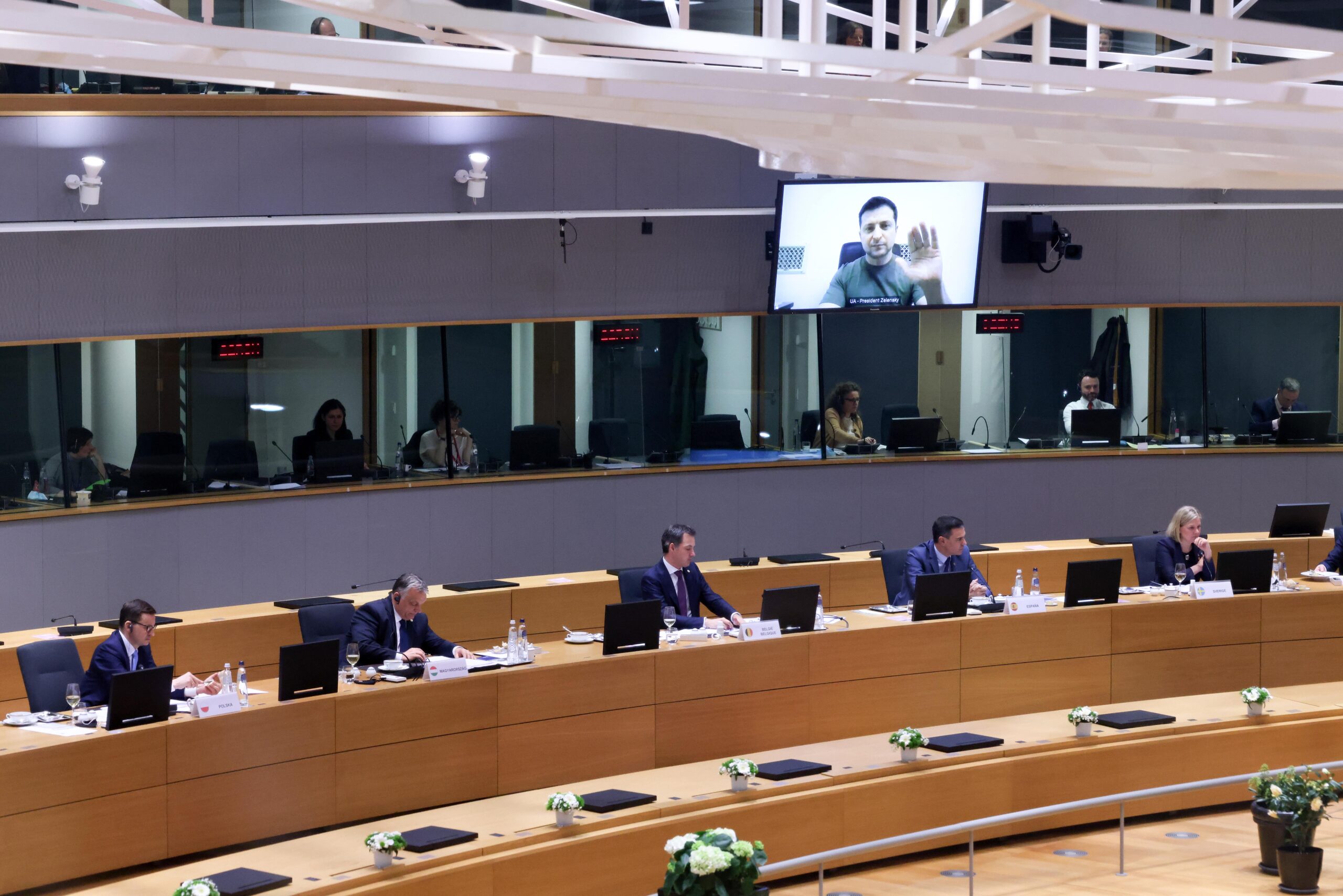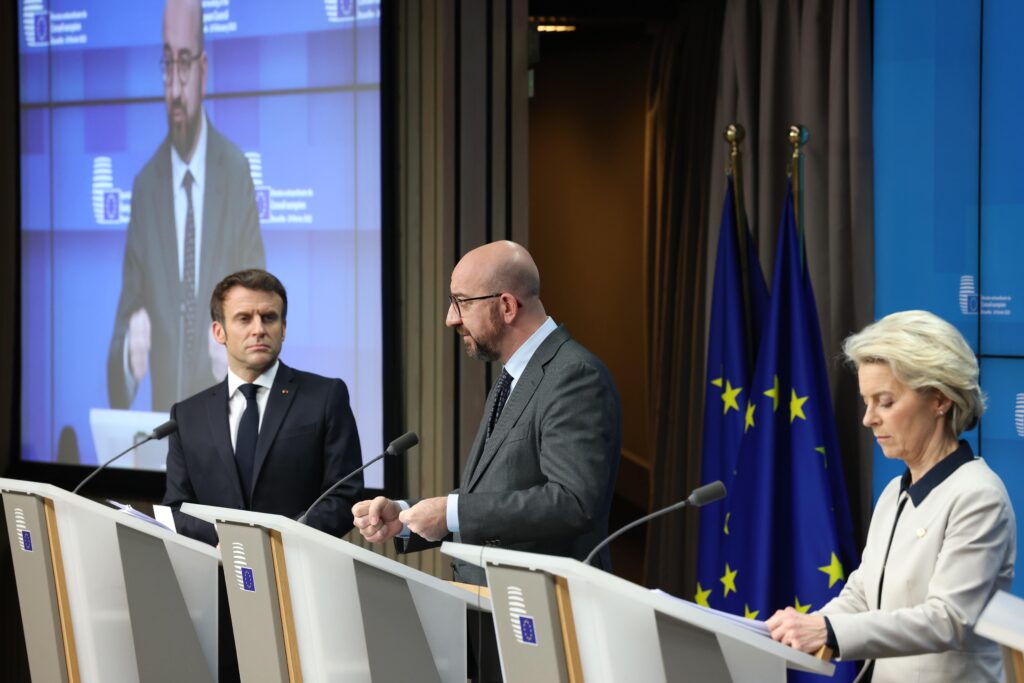
Early on Wednesday morning, Russia invaded Ukraine. In response, Western nations and their allies have imposed increasingly strict economic sanctions on Russia. With varying strength, these aim to isolate Russia from Western finance, technology, trade, and assets.
Russian ally Belarus has also faced significant sanctions, but Western powers have designed most measures around Russia. Several countries have sanctioned individuals within Russia’s circles of power, but the main debate within Europe has centred on the possibility of separating Russian and European energy supplies.
Questions over Russian gas supplies
One of the first visible moves against Russian energy domination in Europe came when Germany cancelled the licensing of the recently completed Nord Stream 2 pipeline. While this has prevented greater flows of Russian gas into central Europe, the country continues to use existing Nord Stream infrastructure.
Russia supplies approximately 40% of EU gas and significantly more in several countries. Germany buys 65% of its gas from Russia, which also supplies all the gas consumed by the Czech Republic and Latvia. Italy’s reliance on Russian gas, as well as its difficult economic state, has led it to oppose cutting off gas supplies in the near term.
At the same time, Baltic nations closer to Russia have pushed for stricter measures despite also receiving much of their gas from Russia. Because of this, the EU faces division over moves to immediately minimise Russia gas consumption.
While EU leaders prepared for negotiations at a special summit, the US, UK, Canada, Japan, Australia, and other allies announced sanctions against Russia. Most of these measures concerned banking systems and preventing Russian companies from raising finances in the Western nations. While this will indirectly affect Russian project financing, Russian oil operations may notice bans on refinery equipment trade more directly.

Still, Ukraine’s Government called on Western powers to increase their sanctions, including in the energy sector. On his way to a special session of the EU’s European Council on Thursday, Poland’s Prime Minister Mateusz Morawiecki told reporters that he wants “enough of this cheap talking”.
“Gazprom has proven not to be a reliable supplier”
Early on Friday morning, the summit concluded by announcing the EU’s sanctions against Russia. These included greater financial restrictions on most Russian banks, as well as visa restrictions on Russian individuals and prohibiting the export of plane manufacturing parts. European Commision President Ursula von der Leyen also said that these would include preventing export of oil refining equipment made in the EU.
She told a press conference: “The instruments that are being banned are crucial to refine oil. These instruments are built in Europe, they are unique, and cannot be replaced globally by other suppliers. So we will see that there will be a depletion of revenues from refined oil, with no chance for Russia to sell it.
“On a second sheet, we have to see that we are too dependent on Russian fossil fuel. Gazprom has proven not to be a reliable supplier, and we have to do everything to reduce this dependence on Russian gas, oil, and coal.
“We have worked hard in recent weeks to come to a stage where we are able to say today, for this winter, we would have enough supplies of liquefied natural gas from reliable suppliers elsewhere [to supply gas] in case President Putin completely decouples us from Russian gas.”
Longer-term economic separation between Europe and Russia
The EU has pushed the energy transition more than most international bodies or nations. This comes partly because energy independence from Russia lies within its political interest, as highlighted by European Council President Charles Michel. This remains the long-term goal for EU nations, and while von der Leyen referenced the importance of the transition, neither she nor Michel spoke of any immediate effort to increase the pace of the already environmentally-insufficient plans.
She continued: “In the mid and long term, we have to develop a clear strategy to become completely independent of Russian fossil fuel. One of the solutions is to work with LNG suppliers; we have terminals and pipeline network across the EU. So wherever LNG lands, we can transport it across the EU. But the other big advantage is that over time, this infrastructure can be used for green hydrogen.
“Our new motto is to get rid of Russian gas and go deep into renewables; this will be the strategy that we have to intensify.”



